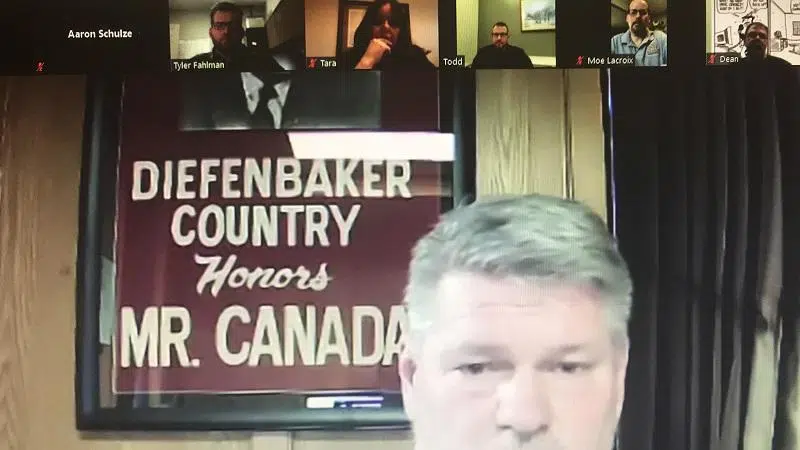
‘Six to eight weeks’: government expectations of working under COVID-19 restrictions
Representatives from the federal, provincial, and municipal governments met with Melfort business owners as part of the Melfort Trade Alliance’s online networking meeting.
The three levels of government updated small business owners on what to expect going forward regarding restrictions and relief during the COVID-19 pandemic.
The expectation is to continue working under socially distanced restrictions for another six to eight weeks.
‘There needs to be a balance’


